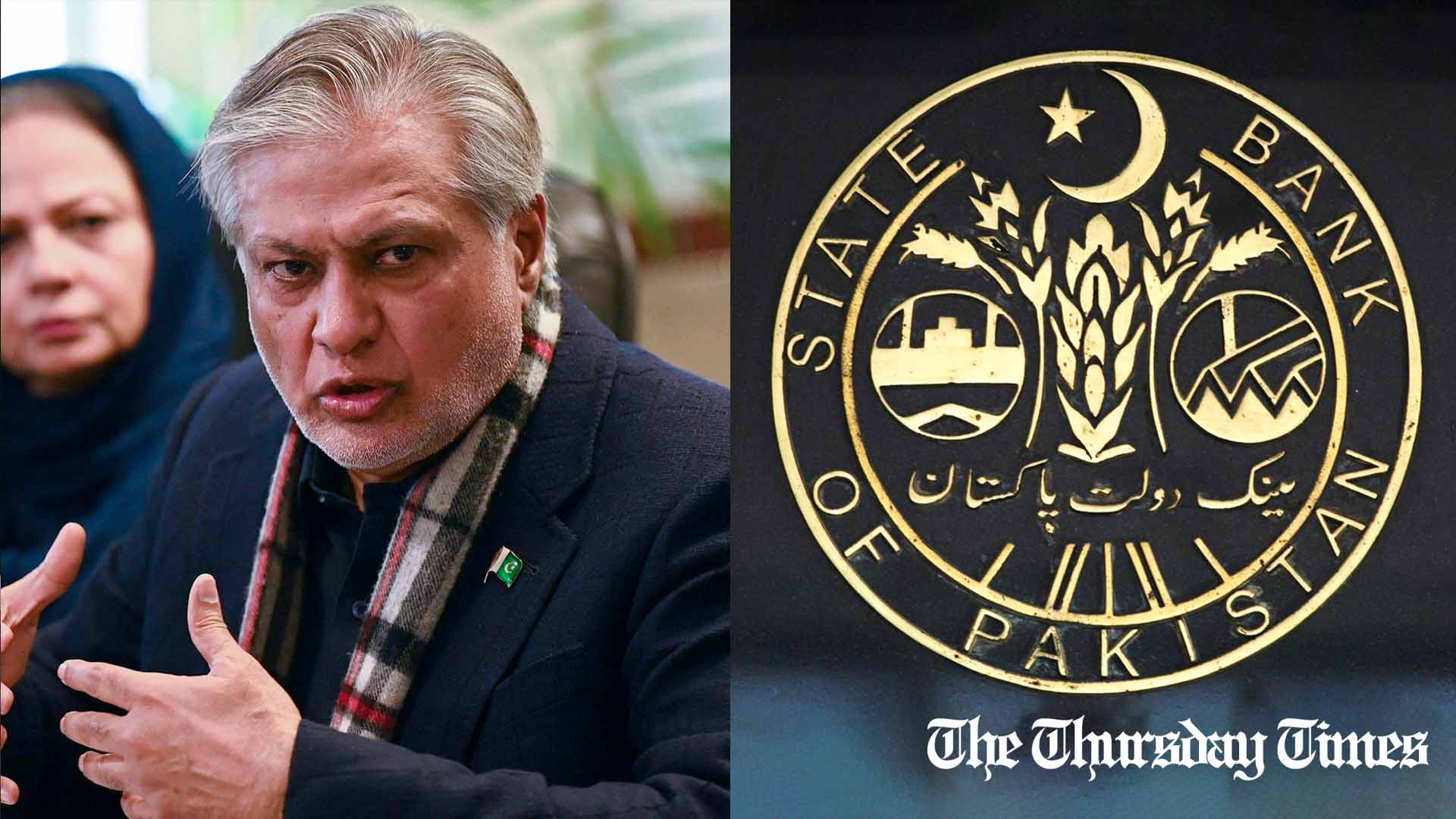KARACHI/ISLAMABAD—Pakistan’s foreign exchange reserves have risen above $10 billion as the country continues to pursue additional financing to unlock an IMF tranche. The State Bank of Pakistan (SBP) reported on Thursday that the forex reserves held by commercial banks increased by $29 million, reaching $5.56 billion, while the SBP-held forex reserves increased by $30 million, totaling $4.462 billion by the end of the week on April 20, 2023. In total, the net reserves surged by $60.3 million, settling at $10.024 billion during the period under review.
Last week, Pakistan’s reserves increased by $300 million, thanks to a loan from the Industrial and Commercial Bank of China. Moreover, the country is expected to receive an extra $2 billion deposit from Saudi Arabia, further boosting its reserves.
This increase in foreign exchange reserves comes as Pakistan’s government is trying to strike a staff-level agreement with the International Monetary Fund (IMF) to restart the $1.1 billion loan tranche, part of a $6.5 billion Extended Fund Facility (EFF) agreed upon in 2019. These talks have been ongoing since January, and Pakistani authorities have been advised by the financial minister, Ishaq Dar, to avoid defaulting on this loan.
Pakistan’s rising foreign exchange reserves are a positive development for the country, which has faced economic challenges over the past several years. To address these challenges, the Pakistani government has announced several initiatives, including measures to boost exports, encourage foreign investment, and promote job creation. The government has also implemented reforms to improve the business climate, reduce corruption, and streamline the regulatory environment.
In addition, the government has been investing in infrastructure development, including energy and transportation projects, to improve the country’s economic competitiveness and attract foreign investment. These efforts have started to yield positive results, with Pakistan’s economy growing at a moderate pace since the beginning of the fiscal year.
Ishaq Dar, Pakistan’s finance minister, has played a key role in maintaining the country’s financial stability and avoiding default on its international loans. Dar has taken to spearhead a number of economic reforms during his tenure, including measures to increase revenue, reduce government expenditures, and boost foreign investment. In spite of criticism from some quarters, Dar’s commitment to economic reform and financial stability has been widely praised by experts and stakeholders alike.






